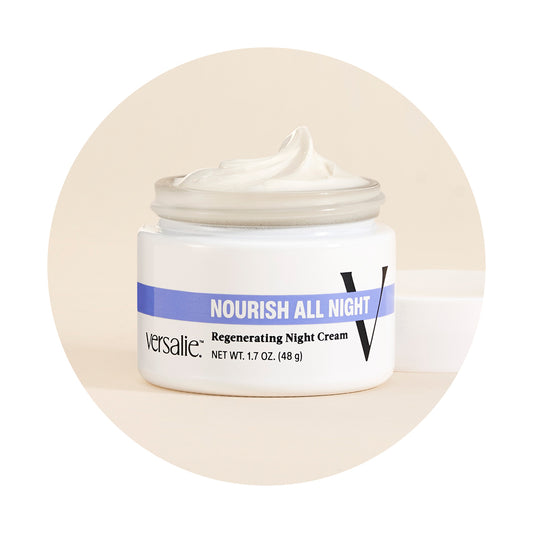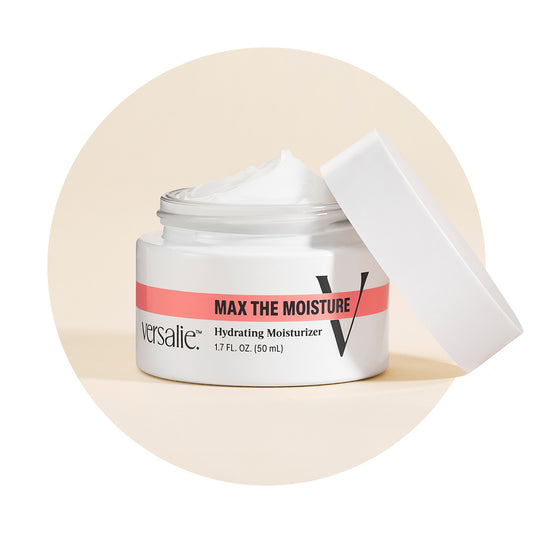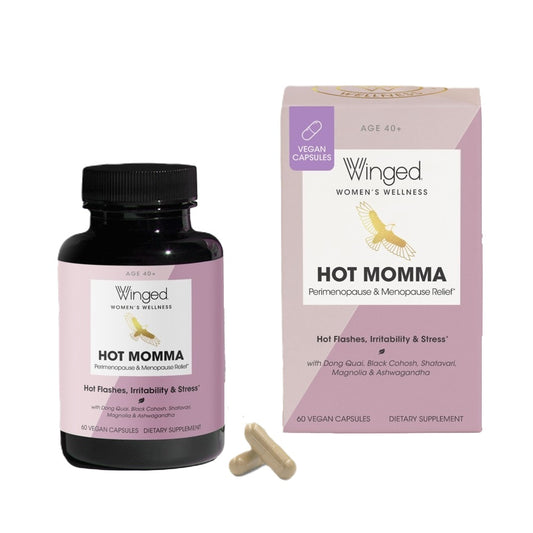It’s that time of the year again — when we bid farewell to bad habits and leap with good intentions into the months ahead. But rather than simply revert to our old go-to’s (you know, like “lose 10 pounds”), let’s commit to making some changes that can really make a difference in our lives…with a menopause checklist.
Make an appointment to talk to your doctor about menopause
If you’re like me, you’ve had this nagging thought in the back of your mind for far too long — that you should probably talk to your doctor about what you’re experiencing when it comes to menopause. Ok, forget the probably. You absolutely should ask your doctor about anything that’s been on your mind, such as:
- Am I still in perimenopause?
- Is there anything I can do about hot flashes?
- What can I do about vaginal dryness?
- What can I do to improve my quality of sleep?
- How long am I going to experience menopause symptoms?
- Should I consider menopause hormone therapy?
The thing to remember is menopause is a different experience for everyone. Your doctor can help you better understand the challenges that are unique to you.
If you want the flexibility of a telehealth appointment and are interested in talking to a menopause-trained clinician, consider setting up a telehealth appointment with Versalie Care, powered by Wheel.

Research and manage your top 3 menopause symptoms
For some reason, many of us feel like menopause and the symptoms that come with it are just something we must “power through”. But that’s definitely not the case. The truth is, we have the power — to reduce the frequency and intensity of hot flashes, get a better night’s sleep, and help fight brain fog. We just have to arm ourselves with knowledge — and there’s plenty of that to be found. Look to your doctor, the library, online resources, and yes, this website. Since it can be overwhelming to try to make a lot of changes at once, it’s a good idea to focus on the areas you’re struggling with most. Consider lifestyle tips like:
- If you have trouble sleeping, invest in breathable bedding — like linen and bamboo that may be cooler.
- If you’re having hot flashes, dress in layers that can be taken off — and added, if necessary.
- If you’re experiencing brain fog, challenge your brain by reading, volunteering, learning a new skill, practicing a new language — to increase cognitive reserve (how flexible and efficient your brain is able to process information).
Of course, when you find advice that’s super helpful to you, be sure to share your discovery with menopausal friends.

Practice a healthy lifestyle
Eating healthy and staying active are sound advice for just about everyone. But people going through menopause have even more reasons to give it a try. For instance:
- Exercise doesn’t just help you gain muscle and keep fit. It can also help you manage other menopause-related symptoms. Exercise helps increase bone mass, reduces low back pain, helps reduce stress and improve mood, and may help to reduce hot flashes.
- Loss of estrogen during menopause can make us more susceptible to osteoporosis. Support your bone health with foods that contain protein, calcium, and vitamin D.
- Healthy eating combined with regular exercise can also help you reduce some of the risks that come with reduced estrogen. Together, they can help you manage your weight, help increase HDL cholesterol, and help lower LDL cholesterol and triglycerides and protect your heart.
Open up more about what you’re going through
When you consider that half the population will experience menopause, it seems crazy that so many of us just don’t feel comfortable talking about it. But the more we do talk about it, the more we can normalize it. So, try to talk to friends and family about the symptoms you’re struggling with — whether it’s worries about hot flashes hitting in the middle of your presentation or feeling foggy from lack of sleep. And let them know how they can support you.
Invest in your sex life
Between vaginal dryness and a libido that’s always on strike, great sex isn’t something that’s normally associated with menopause. Ever. But it can be. Start by talking to your partner about what feels good — and what doesn’t. Try out new positions that minimize friction. You may want to use something for vaginal dryness in general, like vaginal estrogen or a vaginal moisturizer. During sex, use lubrication, which can reduce friction and make having sex more comfortable. And finally, slip into something that makes you feel beautiful.

Minimize stress
Okay, you’re probably thinking “easier said than done”. Especially when the menopause symptoms you’re experiencing only add to the anxiety. The thing is chronic stress can really take a toll on our health, as it can increase blood pressure and heart rate, prompt headaches, lead to depression, and eventually, even cause an increased risk of heart disease. So, it’s really important to do what we can to maintain a general sense of well-being and calm. Here are just a few simple ways to do just that:
- Exercise and eat well
- Be moderate in your intake of alcohol and caffeine
- Treat yourself to self-care activities like a relaxing massage, manicure, or lavender-salted bath
- Think positive
- Practice deep breathing and meditation
- Don’t keep worries bottled up inside
- Laugh more
As always, talk to your healthcare provider if you have any questions or concerns.
Take a moment to think about any other things you want to work on and efforts you want to make to help you better manage life with menopause — and add them to your menopause checklist. This can go a long way to feeling much better by the next new year.









